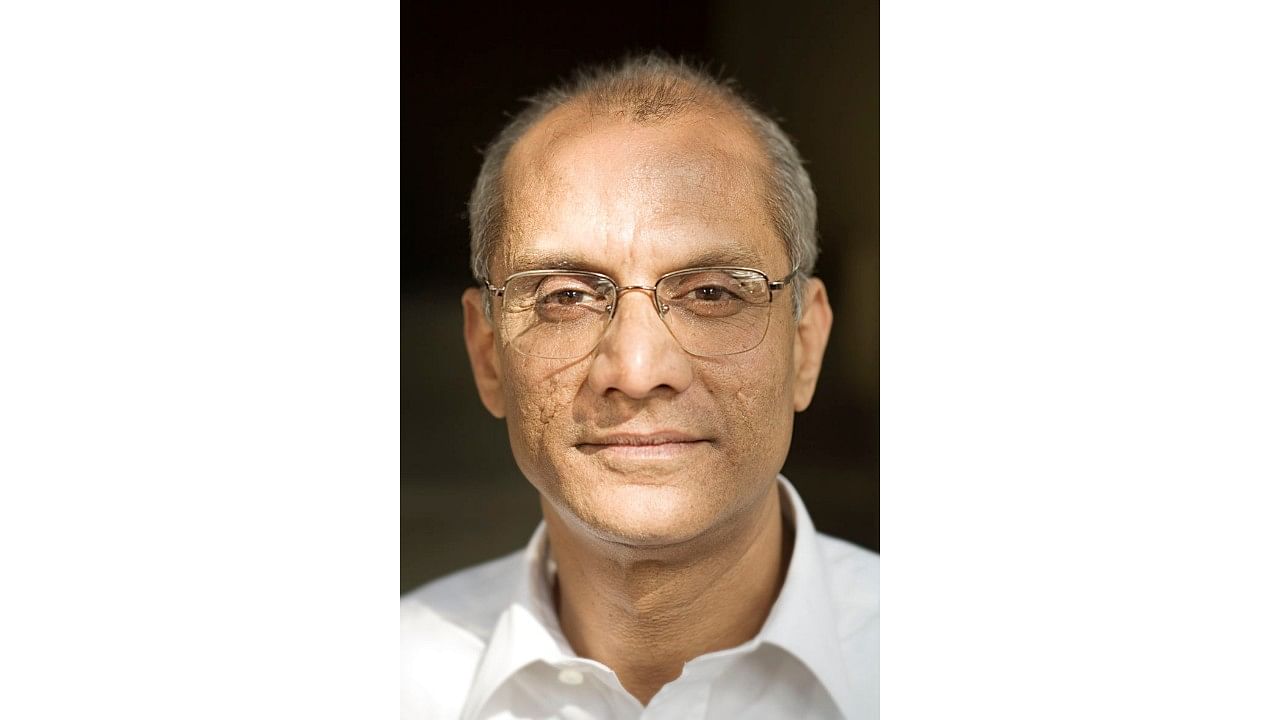
Colin Gonsalves, senior advocate of the Supreme Court.
Credit: DH Photo
There was a time when the judiciary would come down heavily on policemen engaging in extrajudicial executions on behalf of their political masters or on behalf of gangs. Probes would be ordered to be conducted by Special Investigation Teams independent of the State Police and prosecutions of the police would follow. Independent investigations were necessary because the agencies that engaged in cold-blooded murder could hardly be relied upon to also investigate and prosecute their brother police officers.
Times have changed. Particularly after the present government took power at the centre with a massive recurring mandate of the people. Power has gone to their heads and politicians now believe that they are above the law. Torture, fake encounters, and enforced disappearances are ordered by chief ministers and home Ministers causing the police to believe that the reach of the law cannot touch them. Prosecutions for such crimes became impossible.
Why has this happened? Because the judiciary has been weakened by government interference. Thus, the only institution capable of catching the police by the scruff of the neck has become docile. The higher echelons of the judiciary are certainly responsible for this state of affairs because they were the first to surrender and failed to stand up against Executive tyranny. “Speak the truth to justice” a mantra often repeated is now but an empty slogan.
In the recent past, there have been many incidents of extrajudicial executions carried out with the support of the State. Manipur saw the killings of 170 Kuki-Zo tribals by militia with modern weaponry supported by the Chief Minister of the State and the Police. The Supreme Court looked on passively as these killings took place. The Manipur High Court did not bat an eyelid though the burning of villages happened proximate to the High Court premises in Imphal.
In Uttar Pradesh, hundreds of persons were executed by the police who justified their actions by saying that the deceased were criminal elements. Instant justice became the norm and proudly so. At a time when suo-moto actions have become routine, no court exercised this power for police excesses.
In Nagaland, the forces shot dead a large number of innocent villagers. Then the same central government whose forces carried out the killings refused to sanction prosecution. Neither the High Court nor the Supreme Court came to the aid of the victims.
“I’ll be judge, I’ll be jury said cunning old fury.
I’ll try the whole case and condemn you to death.”
To be fair, there are some shining examples of upright conduct. In Assam, killings of innocent persons, who were branded as terrorists, were exposed by a fearless IGP from the CRPF. His findings were upheld by the Eastern Command of the Army. But he was hounded after retirement.
Then in 2024 itself, in Chhattisgarh, over 150 tribals, many of them women and children, were killed by the Joint Forces. They gave their testimonies on video. It was clear that they were innocent and not Naxalites.
And the killings go on and on.
(The writer is a senior advocate of the Supreme Court. The views expressed above are the author's own. They do not necessarily reflect the views of DH)